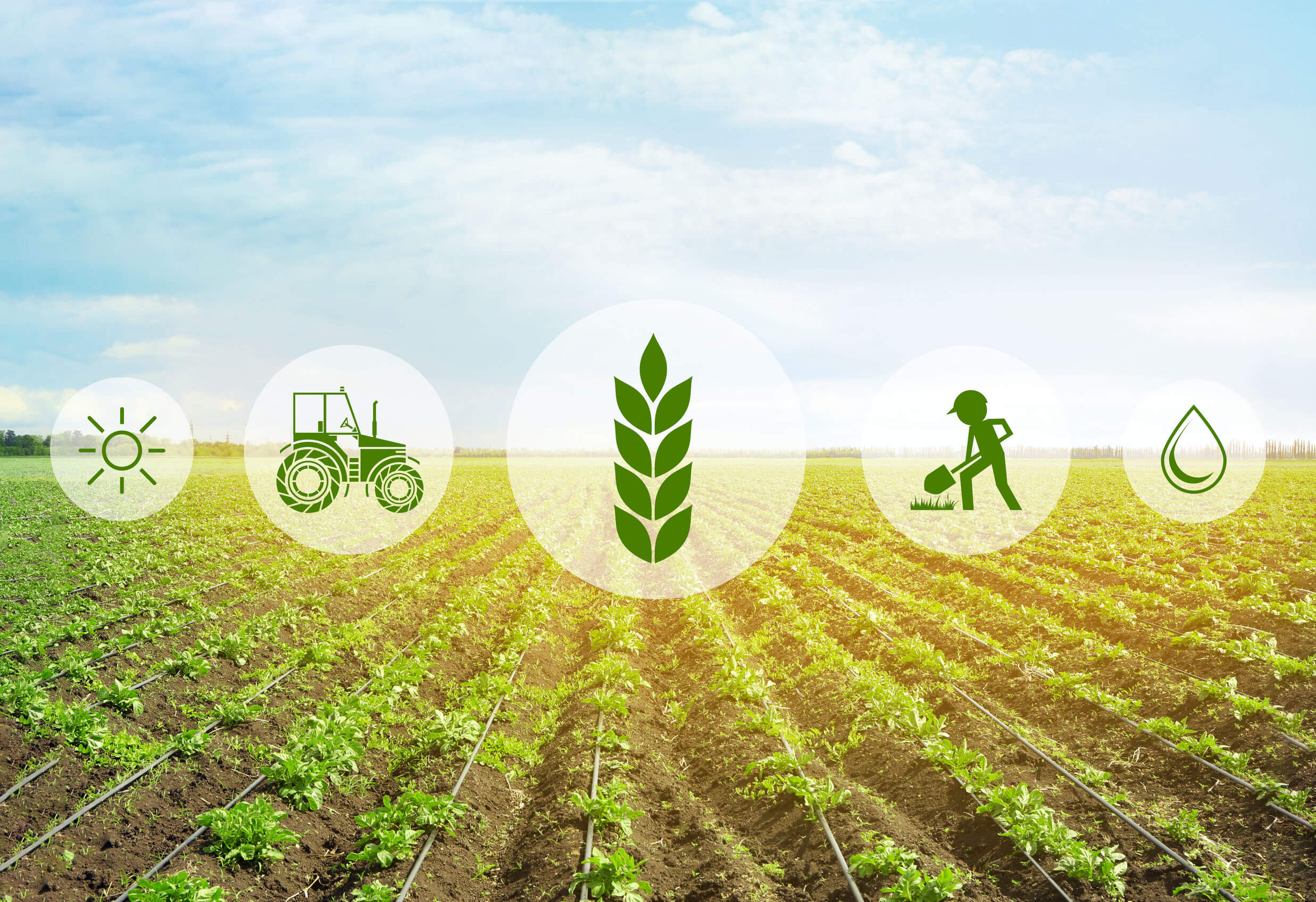
Technology has revolutionized agriculture in Africa by providing farmers with new and innovative ways to increase their productivity, access markets, and improve their livelihoods. Here are some of the ways that technology is helping to improve agriculture in Africa:
- Mobile-based applications: Mobile-based applications are helping farmers to access information on market prices, weather conditions, and best practices for farming. For instance, platforms such as M-Farm in Kenya and Esoko in Ghana have enabled farmers to make informed decisions and negotiate better prices for their produce.
- Precision agriculture: Precision agriculture involves the use of technology such as drones, satellites, and sensors to monitor crop growth and soil health. This helps farmers to optimize their use of inputs such as water, fertilizers, and pesticides, and thereby increase their yields while reducing costs.
- Online marketplaces: Online marketplaces such as Twiga Foods in Kenya and FarmCrowdy in Nigeria are helping farmers to connect directly with consumers and bypass intermediaries such as wholesalers and traders. This enables farmers to earn higher prices for their produce and access new markets.
- Agricultural financing: Technology is also helping to increase access to finance for small-scale farmers. Platforms such as FarmDrive in Kenya and Agri-Wallet in South Africa use data analytics and mobile technology to enable farmers to access finance from banks and other financial institutions.
- Climate information services: Climate information services (CIS) are helping farmers to adapt to climate change and mitigate its impacts. CIS provides information on weather patterns, crop suitability, and other relevant information that enables farmers to make informed decisions about planting and harvesting.
- E-extension services: E-extension services provide farmers with access to information and advice on agricultural practices via mobile devices and the internet. This helps farmers to adopt best practices and increase their productivity.
In conclusion, technology is transforming agriculture in Africa by providing farmers with innovative ways to increase their productivity, access markets, and improve their livelihoods. Governments, development partners, and other stakeholders must continue to support the development and adoption of technology in agriculture, to ensure that small-scale farmers are able to benefit from these innovations and contribute to sustainable agricultural growth.


















